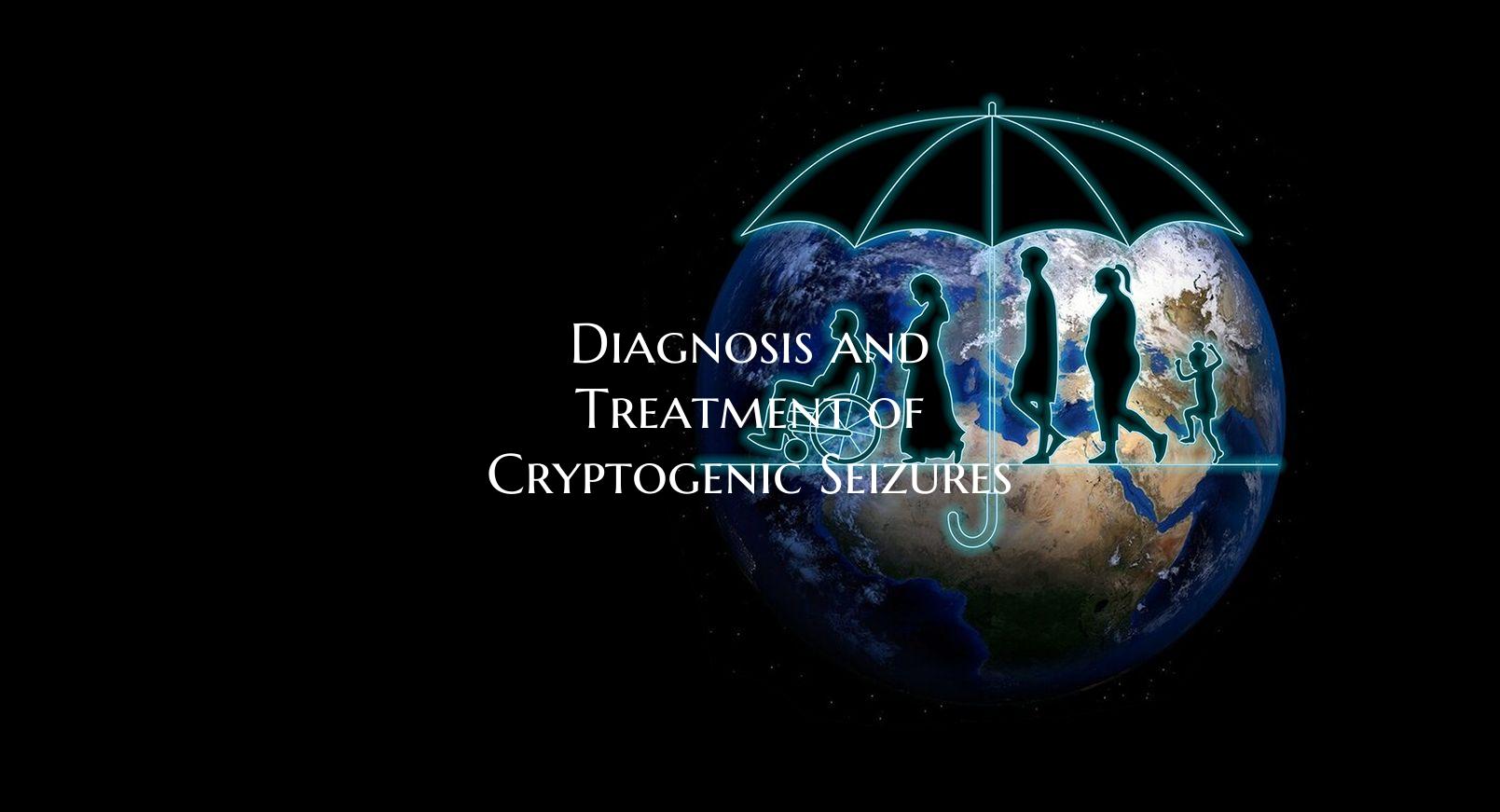
Diagnosis and Treatment of Cryptogenic Seizures
Cryptogenic seizures pose a challenge in the field of neurology due to their elusive origins and complex nature. Patients presenting with cryptogenic seizures experience episodes of altered consciousness, abnormal movements, sensations, or behaviors without a clear identifiable cause. In such cases, thorough diagnostic evaluation is crucial to determine the underlying factors contributing to the seizure activity.
Diagnosis of cryptogenic seizures typically involves comprehensive medical history taking, physical examination, and neuroimaging studies such as magnetic resonance imaging (MRI) and computed tomography (CT) scans to rule out structural abnormalities in the brain. Additionally, electroencephalography (EEG) is a key diagnostic tool used to record electrical activity in the brain and identify abnormal patterns indicative of seizure activity.
A multidisciplinary approach involving neurologists, epileptologists, and neurosurgeons is often necessary to accurately diagnose cryptogenic seizures. Genetic testing may also be recommended to detect any underlying genetic predispositions that could be contributing to the seizure disorder.
Once a diagnosis of cryptogenic seizures is established, the focus shifts to developing an individualized treatment plan to manage and control the seizure activity. Antiepileptic drugs (AEDs) are typically the first-line treatment option to help prevent seizure episodes and improve quality of life for patients. It is important to work closely with healthcare providers to monitor medication effectiveness and potential side effects, optimizing the treatment regimen as needed.
For some individuals with cryptogenic seizures who do not respond adequately to AEDs, alternative treatment options may be considered, including dietary therapies such as the ketogenic diet or surgical interventions like resective surgery or neurostimulation procedures.
Regular follow-up appointments with healthcare providers are essential to monitor seizure activity, adjust treatment plans as needed, and provide ongoing support for individuals living with cryptogenic seizures. Through ongoing research and advancements in diagnostic technology, the medical community continues to strive towards improved outcomes and quality of life for patients with this challenging neurological condition.